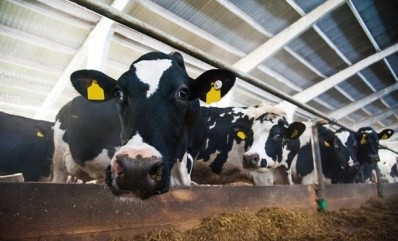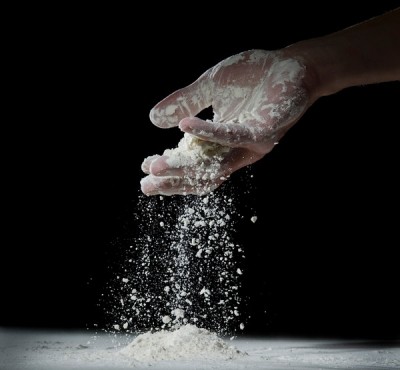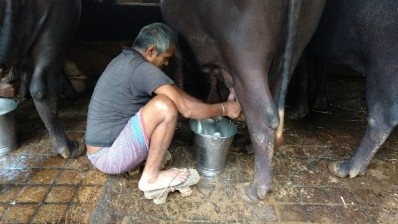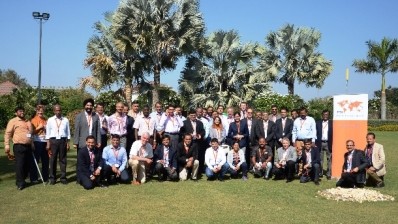Cooperatives can improve India’s dairy industry, NDDB chair says

He made the comment when addressing delegates at the national seminar on “Dynamism in Dairy Industry and Consumer Demands,” organized by the SMC College of Dairy Science, Anand Agricultural University in Anand on February 4.
Shri Rath said milk is India’s single largest agricultural commodity in value terms and is more than the combined value of paddy and wheat put together.
Milk-producing households are predominantly small farmers with less than 2ha of land and one or two animals.
Indian dairy industry growing
He confirmed market research reports, which state the value of the Indian market for milk and milk products, is expected to grow at 15% annually. Of this, the contribution of milk products like cheese, paneer, fermented milk products, butter and ghee would be significant.
Such value-added products represent an opportunity and challenge to the dairy industry, he said.
“Our efforts are aimed at meeting this growing demand for milk mainly from domestic production to continue to maintain our self-sufficiency, and food and nutritional security,” Shri Rath said.
Shri Rath said that NDDB’s wholly-owned subsidiary has helped promote five large producer companies in five states. In the five years to March 2016, these five companies have enrolled about 326,000 milk producers, of whom about 62% are smallholders and 40% are women. These five companies collectively procured about 1.93m kg of milk per day during 2015-16.
Renewable energy
He added that because energy use is the biggest source of emission, NDDB has been encouraging dairies in the dairy cooperative network to adopt renewable energy. These initiatives include use of concentrated solar thermal for preheating of water and solar-powered milk-collection systems.
Shri Rath said food safety and quality are not only a statutory obligation but also a business imperative for all food business enterprises.
He emphasized that, given the likely growth in the organized dairy sector, there are opportunities in several areas.
The first is the modernization and expansion of milk processing capacity; another is installing equipment for milk cooling at the farm level; while a third is developing rapid methods for accurate testing of milk to estimate milk solids content as well as detection of adulteration.
Product potential
The recent announcement in this year’s budget of a $1.2bn Dairy Processing and Infrastructure Development Fund over three years will give further impetus and expand the processing infrastructure, Shri Rath said.
Shri Rath also noted that, as nutritional deficiency disorders can be prevented or reversed with the fortification of foods with Vitamin A & D, there is an opportunity to address health conditions that affect the lives of millions.
Similarly, he concluded, development of longer shelf-life dairy products, specialized dairy based nutraceuticals and wellness products, probiotics catering to different classes of consumers and niche markets need to be addressed by the dairy industry, particularly by cooperatives.


















